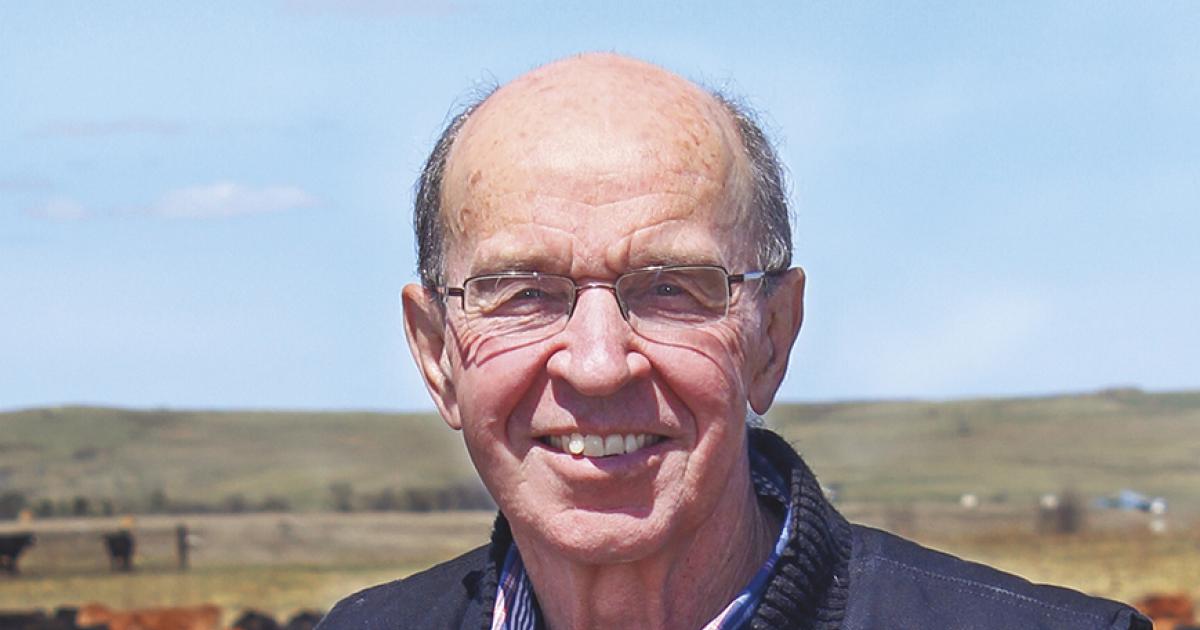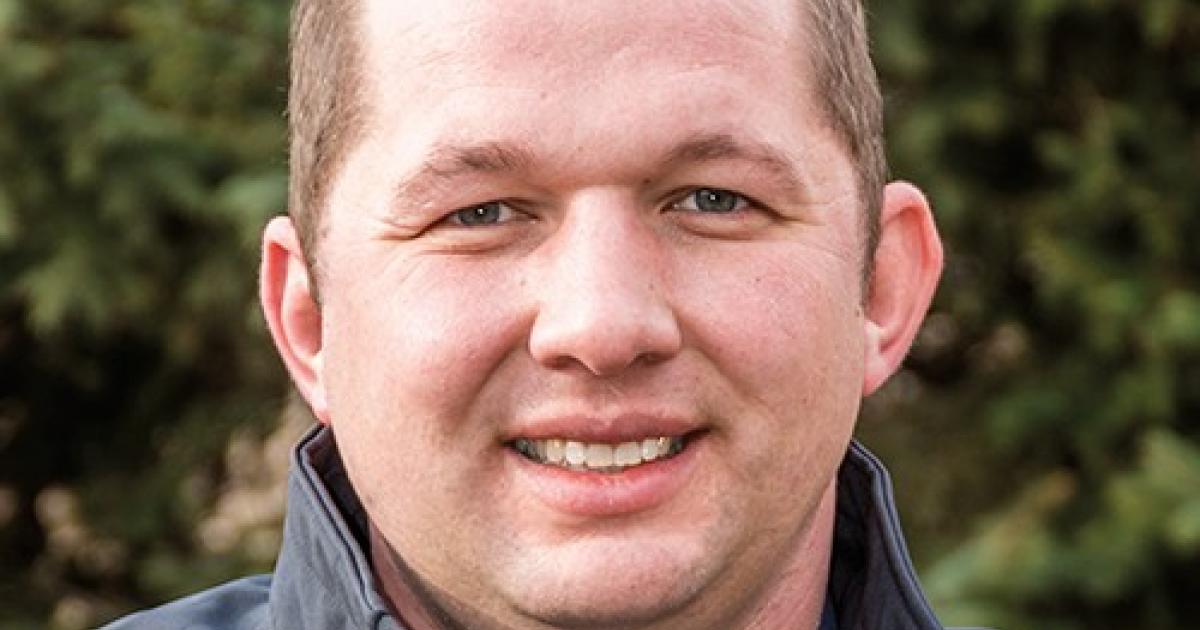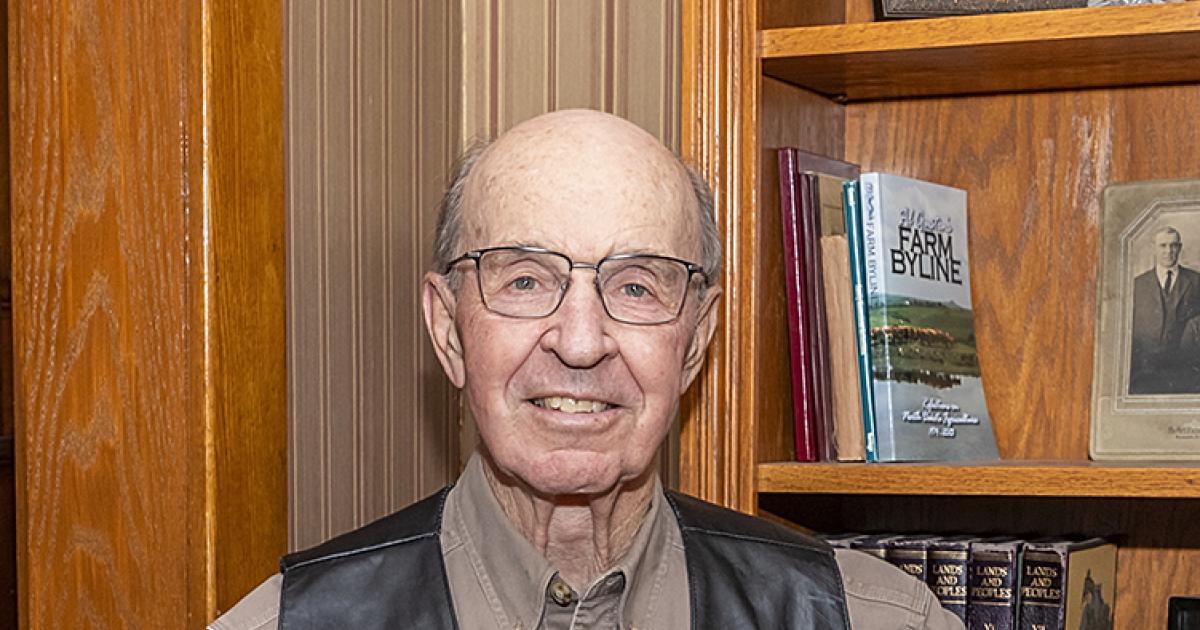Genetically modified wheat
A news article last month got me thinking about an interesting opportunity I had almost 20 years ago. The article stated food regulators had approved a genetically modified wheat variety for human consumption in Australia and New Zealand. The variety had been genetically modified by Argentinian scientists to withstand drought and the herbicide glufosinate.
In July 2003, Monsanto, the company developing a “Roundup Ready” form of genetically modified (GMO) wheat, took me and a handful of other media people to its test plots in Cass County. The six-acre trial included numerous plots of Roundup Ready wheat, where various herbicides and combinations of herbicides had been applied to gauge weed control. Where Roundup had been applied, the wheat was beautiful and obviously weed-free.
Genetically modified corn and soybeans, although relatively new and not universally accepted, were becoming commonplace in 2003. But controversy surrounded the development of GMO wheat.
One year after our “top secret” bus tour (we were asked not to disclose the location), Monsanto pulled the plug on Roundup Ready wheat, saying the market wasn’t ready. Wheat industry leaders expressed both relief and disappointment – relief because the issue of GMO wheat had been divisive, with many arguing it had the potential to destroy overseas markets that would refuse to accept it. Yet, there was disappointment, because other industry leaders worried Monsanto’s decision would set back efforts to make wheat a more profitable crop to grow.
Last year, 92% of the corn planted in the United States was genetically modified. So were 95% of the soybeans. Corn and soybean acreage has increased, at the expense of wheat, many argue. If GMO wheat had been allowed these past 20 years, would wheat have retained its acreage share? Equally importantly, would wheat have retained its overseas market share?
We’ll never know, of course. But this latest development might represent a chink in the armor that has kept GMO wheat from being grown and sold in this country.
Al Gustin is a retired farm broadcaster, active rancher and a member of Mor-Gran-Sou Electric Cooperative.










